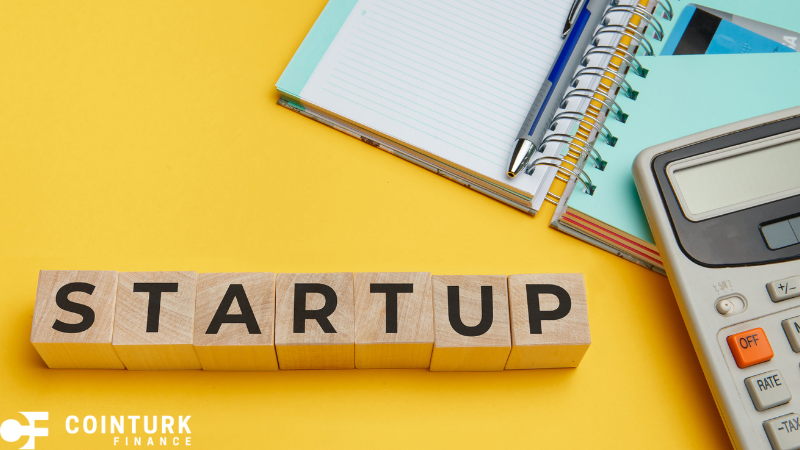A UK-based startup, Level Zero Health, is working on a wearable device designed for continuous hormone monitoring. Unlike traditional blood or urine tests, this technology aims to provide real-time data on hormonal changes, potentially impacting areas such as reproductive health, stress management, and hormone therapies. The company has raised £5.5 million in Pre-Seed funding to accelerate research and development. This initiative follows increasing interest in using biosensors for broader health applications beyond glucose monitoring, a field that has seen significant advancements in recent years.
Early development in biosensing technology faced challenges due to limited access to key research methods, but advancements in aptamer technology have now made continuous hormone tracking feasible. While continuous glucose monitors have been used since 1999, hormone monitoring remained difficult due to the volatile nature of hormones and the reliance on blood sampling. The availability of synthetic aptamers has helped overcome these obstacles, allowing for non-invasive hormone measurement.
How does Level Zero Health’s technology work?
Level Zero Health employs DNA-based sensors that detect hormone levels in interstitial fluid, the liquid surrounding cells and tissues. These sensors rely on aptamers—synthetic DNA molecules engineered to bind to specific hormones and trigger measurable structural changes. Unlike enzyme-based glucose monitors, aptamers can be customized to detect a wide range of hormones, making them suitable for continuous hormone tracking.
Jia, co-founder of Level Zero Health, explained the limitations of current methods, stating:
“Hormones are volatile, and the only clinically trusted data source remains blood draws — which are invasive and provide just a single snapshot in time.”
By moving away from invasive blood tests, the company aims to provide more comprehensive hormone data that could improve treatment decisions in reproductive health, stress management, and other areas.
What are the potential applications of this wearable device?
The wearable patch being developed by Level Zero Health is designed to collect biochemical data through microneedles, allowing for real-time hormone tracking. This could be beneficial for individuals undergoing fertility treatments, menopause management, and testosterone replacement therapy, reducing the need for frequent blood tests. The device’s potential to provide more frequent and accurate hormone measurements may also lead to improved diagnostic insights.
Rustamova, co-founder of Level Zero Health, highlighted the significance of this innovation:
“This breakthrough in health technology has come about in a relatively short amount of time, but already we are seeing strong demand from customers who recognize the benefits of hormone monitoring not only because it allows patients to skip invasive and inconvenient lab tests, but also because it captures critical data inaccessible before.”
The company recently secured the largest Pre-Seed funding round for a female-founded startup in Europe, raising €6.9 million. This investment will be used to refine product development, expand the team, and bring the technology to market. While initial applications are focused on clinical use, future expansions may include consumer-facing products and pharmaceutical collaborations.
Philip Kneis, investor at Redalpine and board member of Level Zero Health, noted:
“Continuous hormone measurement is one of the holy grails of diagnostics, and as fundamental science transitions to engineering, we couldn’t be more excited to back Level Zero Health in their mission to transform hormone tracking with their novel biosensor – paving the way for a new era of personalised health management.”
Advancements in biosensing technology have the potential to reshape hormone monitoring, providing continuous data that could improve medical decision-making. While this concept has been explored in glucose monitoring for years, its application to hormones has been delayed due to technical limitations. The rise of aptamer-based sensors presents a viable solution, potentially making hormone tracking more accessible and precise. If successfully commercialized, Level Zero Health’s wearable could influence multiple sectors in healthcare, from reproductive treatments to stress-related conditions. However, challenges remain, including regulatory approvals and integration into existing medical practices. The effectiveness of continuous hormone monitoring will depend on the accuracy and usability of these devices in real-world clinical and consumer settings.










